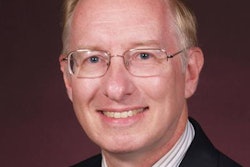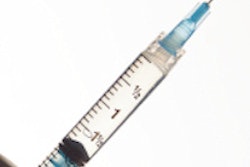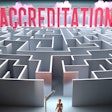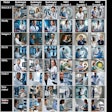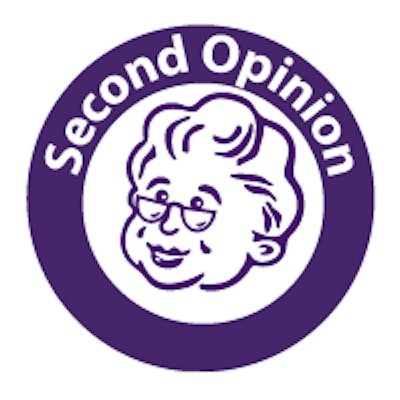
The Newsweek article regarding David Kwiatkowski and his long history of illegally diverting drugs from hospitals exhibited a fundamental lack of understanding of the role and capabilities of the American Registry of Radiologic Technologists (ARRT), which led to a distorted account of events with respect to ARRT. Unfortunately, the Newsweek reporter never contacted ARRT for comment on or verification of the account it received from Kwiatkowski.
The primary error is the undocumented assertion that ARRT is a "licensing board" that had the authority to pull Kwiatkowski's license and make sure he never worked again. ARRT is not a licensing board. It does not have the authority to issue -- or revoke -- an individual's license to practice as a radiologic technologist. Only the individual state licensing entities have that power.
ARRT's role is to provide certification services for individuals who voluntarily submit information documenting their qualifications. And while ARRT is a national credentialing organization and registry of radiologic technologists that strives to promote high standards of patient care, certification and registration by ARRT is voluntary.
Moreover, because it is a private nonprofit organization -- and not a state licensing entity -- ARRT does not have the authority to issue subpoenas or otherwise force employers, state licensing entities, law enforcement agencies, or any other entities to provide information regarding the individuals it certifies. ARRT therefore relies on voluntarily provided firsthand information and/or entities that do have investigatory powers to provide evidence to help ARRT enforce its standards.
In this case, Arizona Heart Hospital stated it would not provide any firsthand information or other evidence regarding the incident there in 2010 involving Kwiatkowski (nor did any other hospitals along the way provide information regarding his illegal and unethical conduct). The Phoenix Police Department, which did look into the 2010 incident, stated "no action required" in its report.
And the Arizona state licensing entity, which did subpoena the Arizona Heart Hospital records as part of its investigation, chose not to revoke or otherwise take any adverse action against Kwiatkowski's Arizona state license in 2010. Nor did it disclose the fact of its investigation or any of the evidence it obtained through its subpoena powers.
ARRT must rely on solid evidence, not unsubstantiated allegations, to remove an individual's certification. Without such evidence, it cannot act.
In 2010, ARRT had a hospital's refusal to provide a firsthand account or documentary evidence, a police department's determination that "no action [was] required," and a state licensing entity's inaction. ARRT also had evidence -- including a clean drug screen -- from Kwiatkowski himself, who denied any wrongdoing. There was simply nothing to substantiate the hearsay allegations ARRT had in 2010. But ARRT acted swiftly to suspend and revoke Kwiatkowski's certification in 2012 after obtaining evidence from the FBI of Kwiatkowski's unprofessional and illegal conduct.
The Kwiatkowski case highlights the need for healthcare industry partners to come together and devise a workable national reporting system whose first priority is protection of the public. ARRT has supported the creation of such a system for years -- even before this tragic series of events.
Christopher Cook is communications director of ARRT. The comments and observations expressed herein are those of the author and do not necessarily reflect the opinions of AuntMinnie.com.





